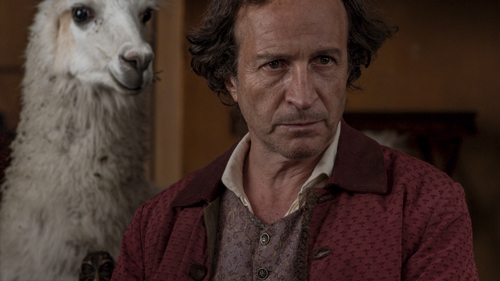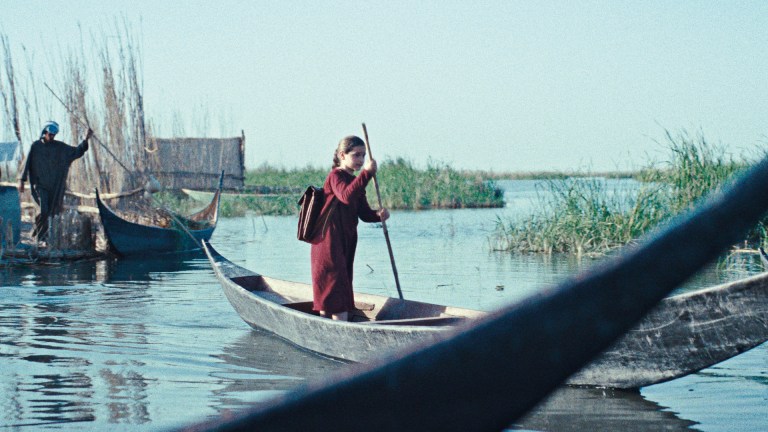Lucrecia Martel’s last film The Headless Woman was a haunting puzzle-piece drama that left an impression of lingering unease – and confirmed the Argentine writer-director as one of our leading filmmakers. That film was released 10 years ago, and after much delay she has a new movie out, Zama, a period drama set in a Spanish colony in 18th-century South America.
The long wait seems oddly appropriate. For one, Martel’s style of filmmaking is slow-cooked, compacted, dense, and deliberate – Zama isn’t a film made with any sense of haste, and its impact stays with you and builds long after first viewing.
But also Zama is itself a film about waiting, about the anguish of anticipation. A middle-ranking functionary in a colonial backwater, Don Diego de Zama longs to sail to Spain where his wife and son live. But for this he needs a letter requesting a transfer from the local governor, and this letter remains unwritten. Without the letter, Zama (a performance of careworn charisma from Daniel Giménez Cacho) remains in his post – unhappy, bored, desperate.
Zama’s agonised, constantly frustrated attempts to leave form the thread that holds together Martel’s seemingly disparate collection of scenes from this remote coastal location. The years seem to pass – Martel doesn’t give an exact tally, but colleagues come and go; and Zama himself grows increasingly haggard – and yet still no letter.
Through a fastidious attention to the workings of the Spanish crown, what emerges is a droll, acerbic portrait of a vast unwieldy state bureaucracy, of which Zama is both a functionary and victim.










